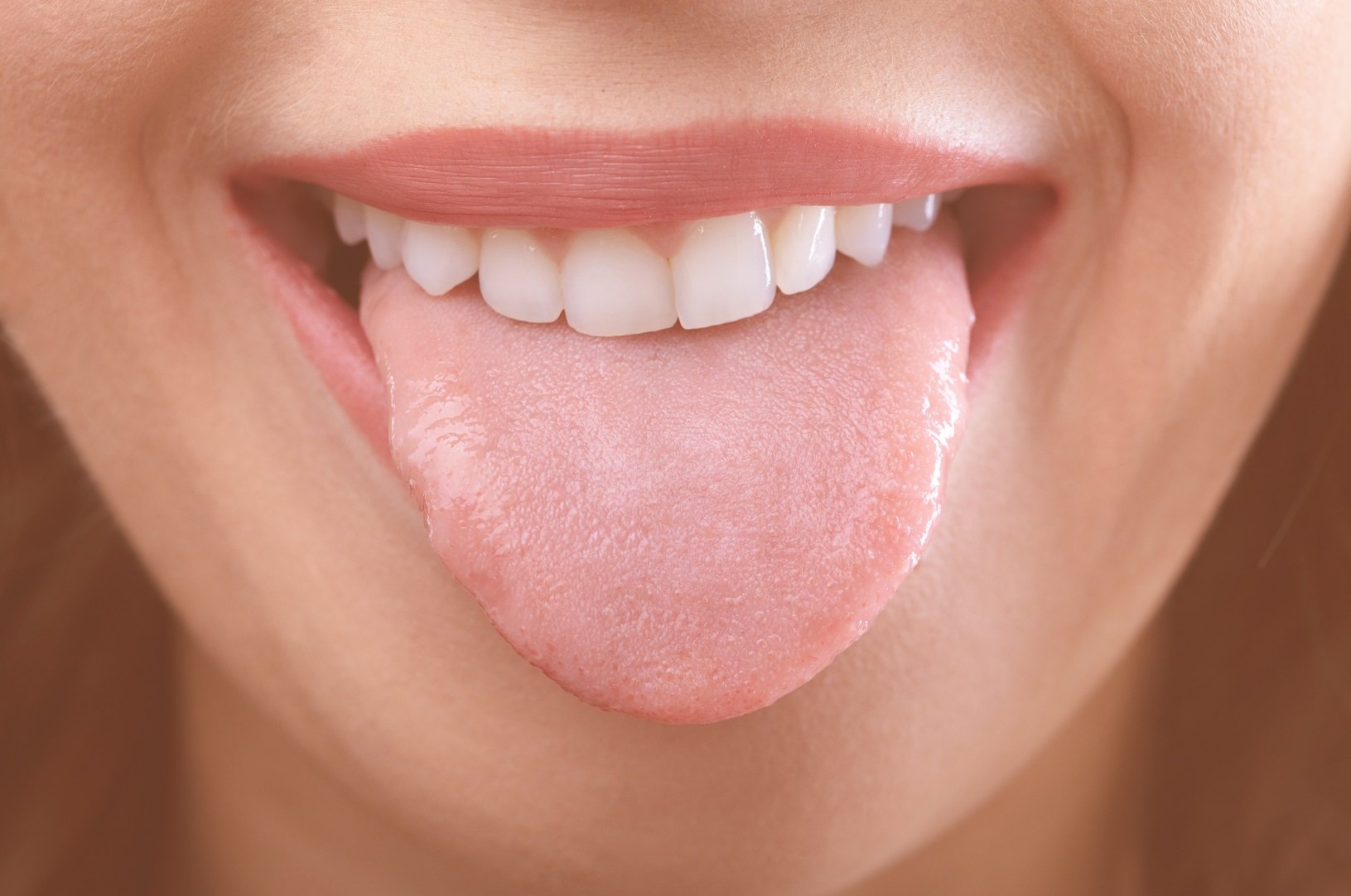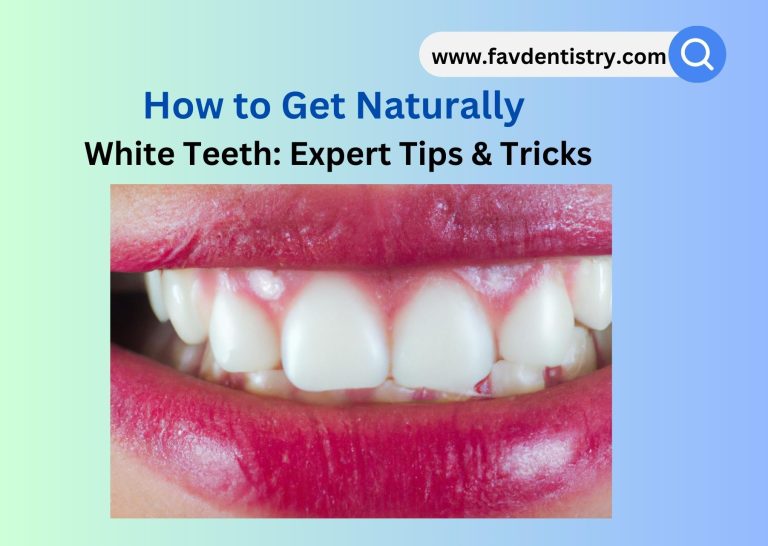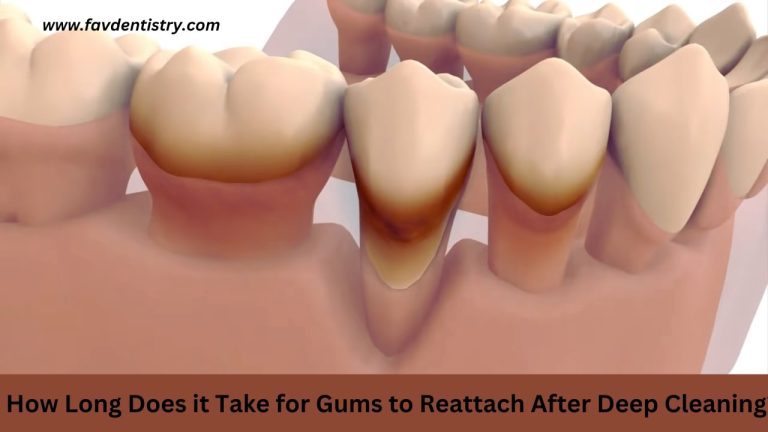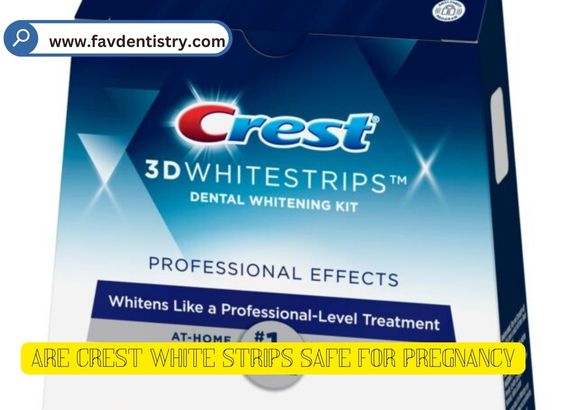Last Updated on 1 min by DR. ALBIN SIPES
Dehydrated teeth can develop white spots, and this condition is often caused by a lack of hydration in the mouth. Dehydrated teeth can develop white spots, which are a common sign of tooth demineralization.
When the mouth lacks hydration, the production of saliva decreases, leading to a decrease in the buffering capacity against acid attacks. As a result, minerals are lost from the tooth enamel, leading to the formation of white spots. This condition is often seen in individuals who do not maintain proper oral hygiene or have a habit of consuming acidic and sugary foods and beverages.
It is important to address dehydration and maintain good oral hygiene to prevent the formation of white spots and promote overall oral health.
Dehydrated Teeth White Spots: Banishing Stains Naturally
Dehydrated teeth can often develop white spots, which can be unsightly and affect the overall appearance of your smile. These white spots are a result of dehydration and can be a sign that your body is not getting enough fluids. Understanding the cause of these white spots is crucial in finding a solution to banish them naturally.
The link between dehydration and dental discoloration lies in the lack of saliva production in the mouth. Saliva helps to protect and remineralize the teeth, but when the body is dehydrated, saliva production decreases. As a result, the teeth are more susceptible to decay and develop white spots.
To naturally banish these stains, it is important to increase your fluid intake and ensure that your body is hydrated. Drinking plenty of water throughout the day can help stimulate saliva production and prevent the formation of white spots. Additionally, practicing good oral hygiene, including regular brushing and flossing, can help maintain the health of your teeth and prevent discoloration.
Early Detection And Prevention
|
To prevent white spots on teeth, it’s crucial to recognize the early signs. These spots, also known |
To maintain healthy, hydrated teeth, it’s important to adopt daily habits that promote hydration. |
The role of diet cannot be underestimated when it comes to preventing enamel dehydration. A balanced |
Home Remedies To Tackle White Spots
White spots on teeth, also known as dehydrated teeth, can be a result of various factors including mineral loss and enamel damage. However, there are several home remedies that can help tackle these unsightly spots and restore your teeth’s natural whiteness.
Oil Pulling: This ancient method involves swishing oil in your mouth for a few minutes to eliminate toxins and promote oral health. Use coconut or sesame oil for best results.
DIY Paste: Baking soda, known for its whitening power, can be made into a paste by mixing it with water or hydrogen peroxide. Gently brush your teeth with this paste to minimize white spots.
Fruit Peels: Citrus fruit peels like orange and lemon contain natural acids that act as a gentle rub and can help remove stains. Rub the inside of the peel on your teeth for a few minutes and rinse.
Dairy Products: Including calcium-rich dairy products like milk, cheese, and yogurt in your diet can help repair enamel and prevent white spots. They also promote overall dental health.
Professional Dental Treatments
Professional dental treatments can effectively address the issue of dehydrated teeth white spots. One of the common approaches is fluoride application, which helps restore enamel health. Fluoride works by strengthening the enamel, making it more resistant to acid and preventing further damage. Another treatment option is enamel microabrasion, which involves removing a thin layer of the affected enamel, resulting in spotless teeth. This procedure is particularly effective for mild to moderate white spots caused by fluorosis or enamel hypoplasia. Dental veneers are a cosmetic approach to treating white spots. These thin shells are custom-made and bonded to the front surface of the teeth, covering the white spots and creating a uniform, natural-looking smile.
Keeping Your Smile Bright Post-treatment
- Maintain a consistent oral care routine, including brushing twice daily and flossing.
- Incorporate fluoride toothpaste for strengthening enamel and preventing white spots.
- Limit consumption of sugary drinks and foods that can contribute to tooth decay.
- Minimize acidic beverages like soda, as they can erode enamel.
- Consider using a fluoride mouthwash to further protect your teeth.
- Importance of Routine Dental Check-Ups: Regular visits to your dentist are crucial to detect any dental issues early on. Your dentist can provide professional cleanings to remove any white spots caused by dehydration or other factors.
- When to Seek Follow-Up Care for White Spots: If you notice persistent white spots on your teeth, even after practicing good oral hygiene, it’s advisable to consult your dentist for further evaluation and treatment options.

Credit: www.goldenstatedentistry.com
Conclusion
To sum up, maintaining optimal dental health is crucial in preventing the formation of white spots on dehydrated teeth. By hydrating adequately, practicing good oral hygiene, and avoiding acidic and sugary foods, you can reduce your risk of developing enamel hypoplasia.
Regular dental check-ups and professional cleanings are also essential to detect any early signs of tooth dehydration or enamel defects. Stay hydrated, take care of your teeth, and preserve that beautiful smile for a lifetime.





